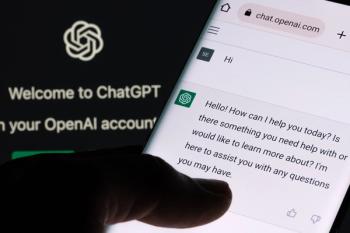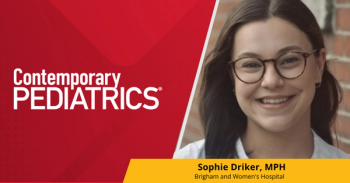
Can older teens manage their own healthcare?
Even though most parents believe teenagers should transfer from a pediatrician to adult healthcare by 18 years of age, fewer than half think their adolescent can manage his or her own care. Only 30% of 18-year-olds make the transition, according to a recent national poll.
Even though most parents believe teenagers should transfer from a pediatrician to adult healthcare by 18 years of age, fewer than half think their adolescent can manage his or her own care. Only 30% of 18-year-olds make the transition, according to a recent
When the CS Mott National Poll on Children’s Health asked parents of adolescents and young adults aged 13 to 30 years their views on whether their children could manage their own healthcare, fewer than half expressed confidence that 16- and 17-year olds and 18- and 19-year olds knew how to schedule a doctor’s
Although most parents believed that teenagers and young adults knew how to take medications, they were significantly less sure that their children knew when to go to the
Nevertheless, 69% of parents believed that adolescents should start seeing an adult
“The take-home message from this poll is that a person’s age should not be the only factor, or even the major factor, in determining a person’s readiness to transfer from child-focused care to adult-focused care,” the researchers write. They recommend that parents and providers help adolescents develop the skills needed to manage their own healthcare by encouraging them to take a greater role in care before 18 years of age.
To get weekly clinical advice for today's pediatrician,
Newsletter
Access practical, evidence-based guidance to support better care for our youngest patients. Join our email list for the latest clinical updates.






